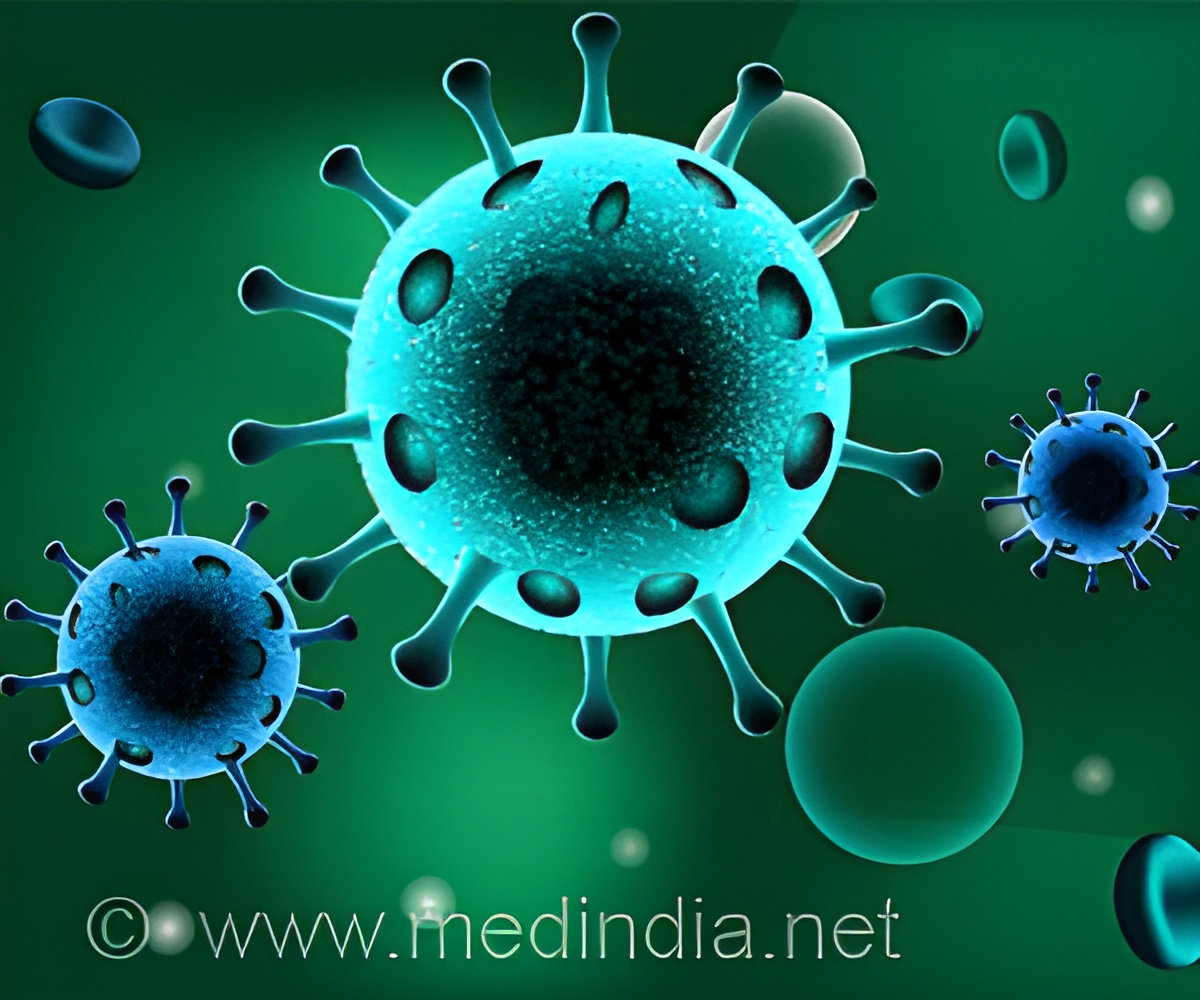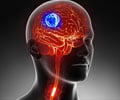The FDA-approved anti-fungal drug, sulconazole, exhibits anti-cancer properties towards glioblastoma cells.

‘New discovery lays foundation for the development of drug combinations from existing or new small molecule inhibitors against the biotin-dependent metabolic enzymes for treating glioblastoma.’
Read More..




This compound found to compete with biotin (Vitamin H), allowing it to inhibit the normal function of biotin-dependent metabolic enzymes and specific histone modification-associated gene expression.Read More..
This compromises glioblastoma metabolism and epigenetics, thereby impairing the tumour growth and invasiveness of glioblastoma cells.
In mammalian cells, holocarboxylase synthetase, or HLCS, is the enzyme that serves to distribute biotin to the biotin-dependent proteins. Gene silencing of HLCS reduces the glioblastoma’s tumorigenicity in mouse models.
High HLCS expression is linked to glioblastoma and inferior glioma patient outcome. While HLCS is present in healthy patients, its expression increases in the tumours of glioblastoma patients.
Glioblastoma cells with higher HLCS expression could get better supply of biotin to the biotin-dependent metabolic enzymes and histones, which results in a more proliferative and invasive glioblastoma.
Advertisement
“Since biotin is found in various food sources, including legumes, egg yolk and offal, and commonly consumed as a supplement, these findings raise an important consideration of regulating biotin consumption in glioblastoma patients.
Advertisement
Source-Medindia








